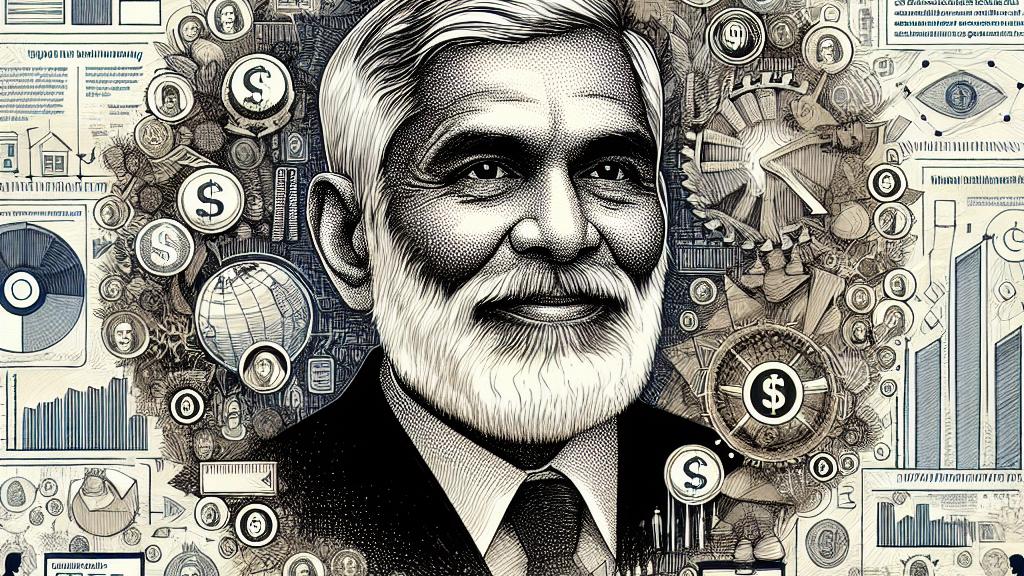From Poverty to Power: The Unstoppable Rise of Muhammad Yunus!
Overview
- Muhammad Yunus, a Nobel Laureate, is known for pioneering microfinance to uplift the poor in Bangladesh.
- His Grameen Bank uniquely empowers women, changing the economic landscape and improving lives.
- Recent political upheaval has placed Yunus at the forefront as a potential leader for an interim government.

The Visionary Behind Microfinance
Muhammad Yunus, often called the 'banker to the poor,' has become a global icon for innovation in microfinance. Founding Grameen Bank in 1983, Yunus aimed at providing small loans to impoverished individuals, particularly women, who typically lacked access to traditional banking services. His groundbreaking approach not only yielded high loan repayment rates but also proved that poor individuals could successfully manage finances. By winning the Nobel Peace Prize in 2006, Yunus's model gained international recognition, inspiring other microfinance initiatives worldwide. This success story highlights how financial inclusion can serve as a powerful catalyst for social and economic change, empowering millions to escape the clutches of poverty.
Empowerment of Women: A Game Changer
Central to Yunus's mission is the empowerment of women, which he identified as crucial for community upliftment. Grameen Bank has disproportionately catered to female borrowers, reporting that over 97% of its clients are women. This focus paved the way for women to become entrepreneurs and make decisions that directly affect their families and communities. By providing not only financial support but also training and mentorship, Yunus has transformed societal perceptions of women's roles in economic activities. Increased financial autonomy has enabled these women to build sustainable businesses, improve their family’s living conditions, and contribute to local economies, thereby igniting a movement toward gender equality and economic independence.
Navigating a Changing Political Landscape
Yunus's influence extends beyond microfinance into the political fabric of Bangladesh. After the recent resignation of Prime Minister Sheikh Hasina amidst civil unrest, there have been calls from various factions for Yunus to assume leadership of an interim government. This shift marks a dramatic turn considering Yunus faced numerous challenges under Hasina’s regime, including legal accusations and political marginalization. Many see Yunus as a figure who could guide the nation towards democratic recovery and social reform, building on his expertise in fostering community development. Despite his reluctance to engage directly in politics, the current landscape presents a unique moment for Yunus to leverage his public support and commitment to humanitarian principles in shaping a new future for Bangladesh.

Loading...